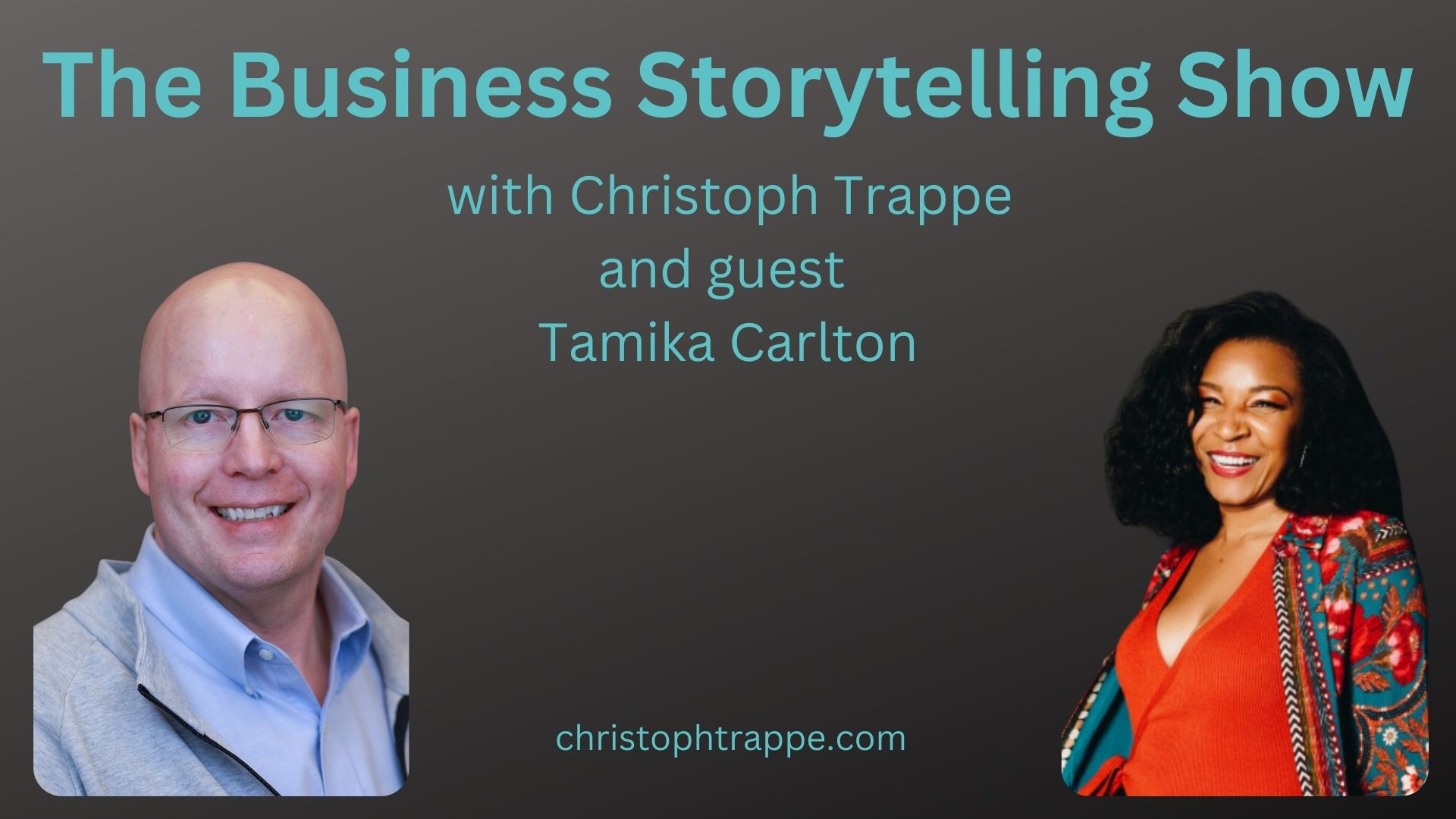Trappe Digital LLC may earn commission from product clicks and purchases. Rest assured, opinions are mine or of the article’s author.
When consumers become interested in a service or product, we call them a lead, but what does that mean exactly, and how does a person become one, and is it the best term?
Tamika Carlton and I discussed the topic on this episode of “The Business Storytelling Show.” Casey Cheshire previously joined me on an episode to discuss lead scoring.
In this podcast episode and this article, we discuss the following:
The definition of a lead in marketing
In the most basic terms, a lead is the term many companies use to describe somebody who has voiced interest in their product or services. They can be broken down further into interest levels, including:
- Hot leads – somebody who probably will buy asap
- Lukewarm leads – they are somewhat ready to buy but need some convincing and are still evaluating.
- Cold leads – they fit the customer profile, but aren’t ready to purchase right this second due to other priorities, needs or budgets.
Some companies break it down into:
- MQLs – Marketing Qualified Leads – basically the marketing team declares them to be a potential customer.
- SQLs – Sales Qualified Leads – the sales team categorizes them as a potential customer.
In other words, the term is a designation of what somebody means to your business.
Read next: Don’t Just Guess – Use These Marketing Metrics Examples to Boost Your ROI!
Why we should change the term to something else
Tamika made the point that the term leads is just too impersonal. It represents what a consumer can do for a company, but it doesn’t show what the company can do for the consumer.
And after all, consumers will only do business with companies if they offer some kind of value to them. And that includes proving that in each stage of the marketing and sales funnel, Tamika said. Providing value helps earn trust, and that leads to business and the potential for ongoing business.
She recommends changing the terminology to connections. And, of course, there are different levels of connections. Strong connections, weak ones, lose ones, etc. That’s really no different from the different levels of leads.
“Leads lose out on the human element,” she said, adding that the verbiage might have something to do with the high-pressure teams face to bring in leads today. And certainly, we want to win this quarter, but long-term customer engagement and the right mindset also help companies win next year’s quarters and the quarters after that.
And at the end of the day, the terminology a team uses can reflect in their behavior. If it’s too heavily focused on the company’s needs, it might create a less-than-stellar experience for the person that is considering working with the brand.

